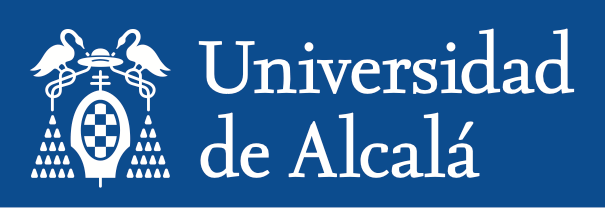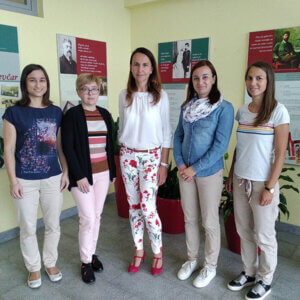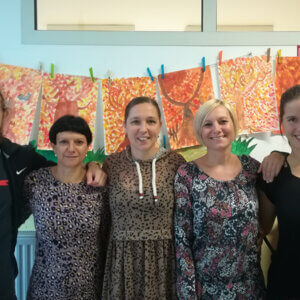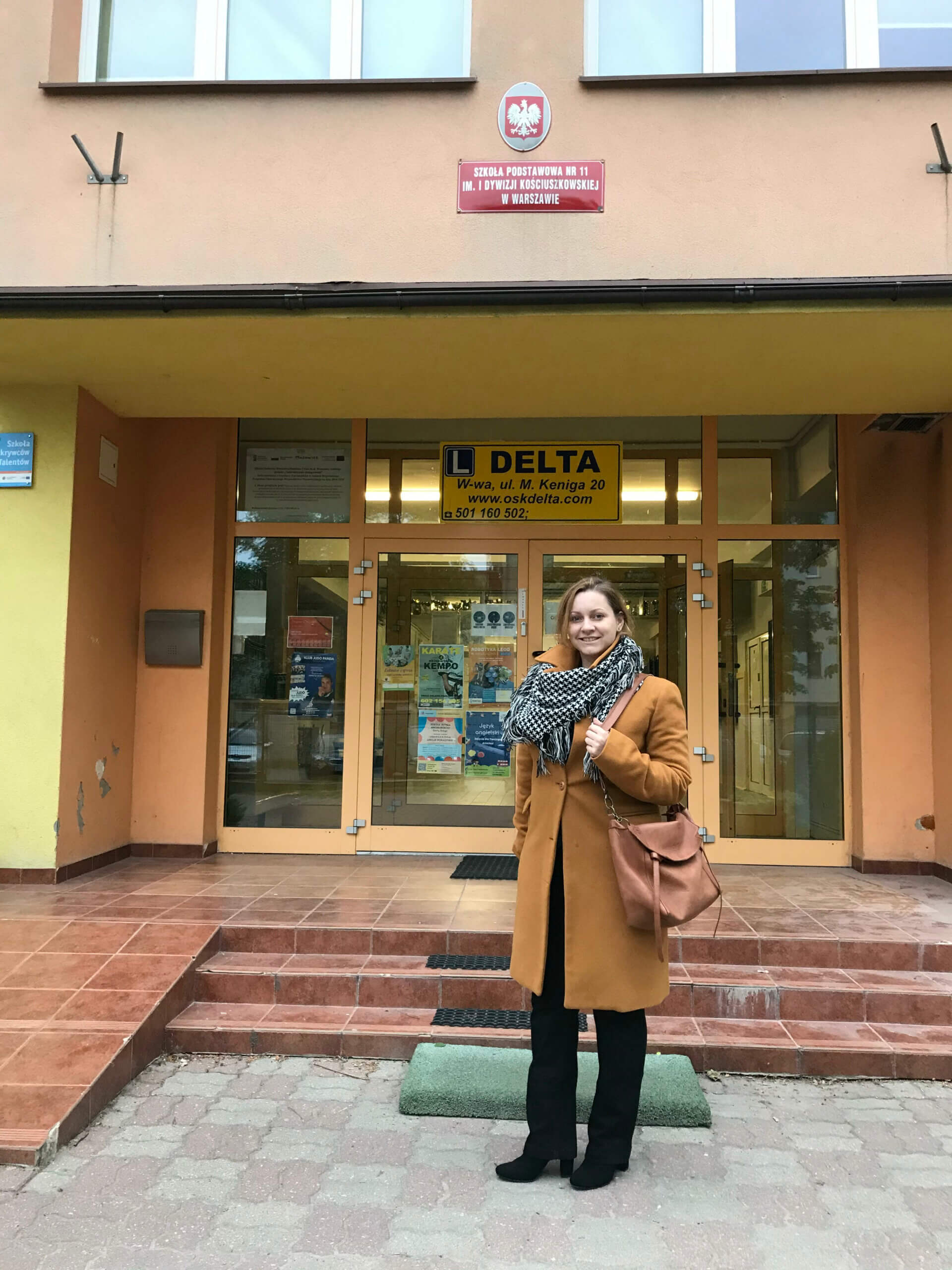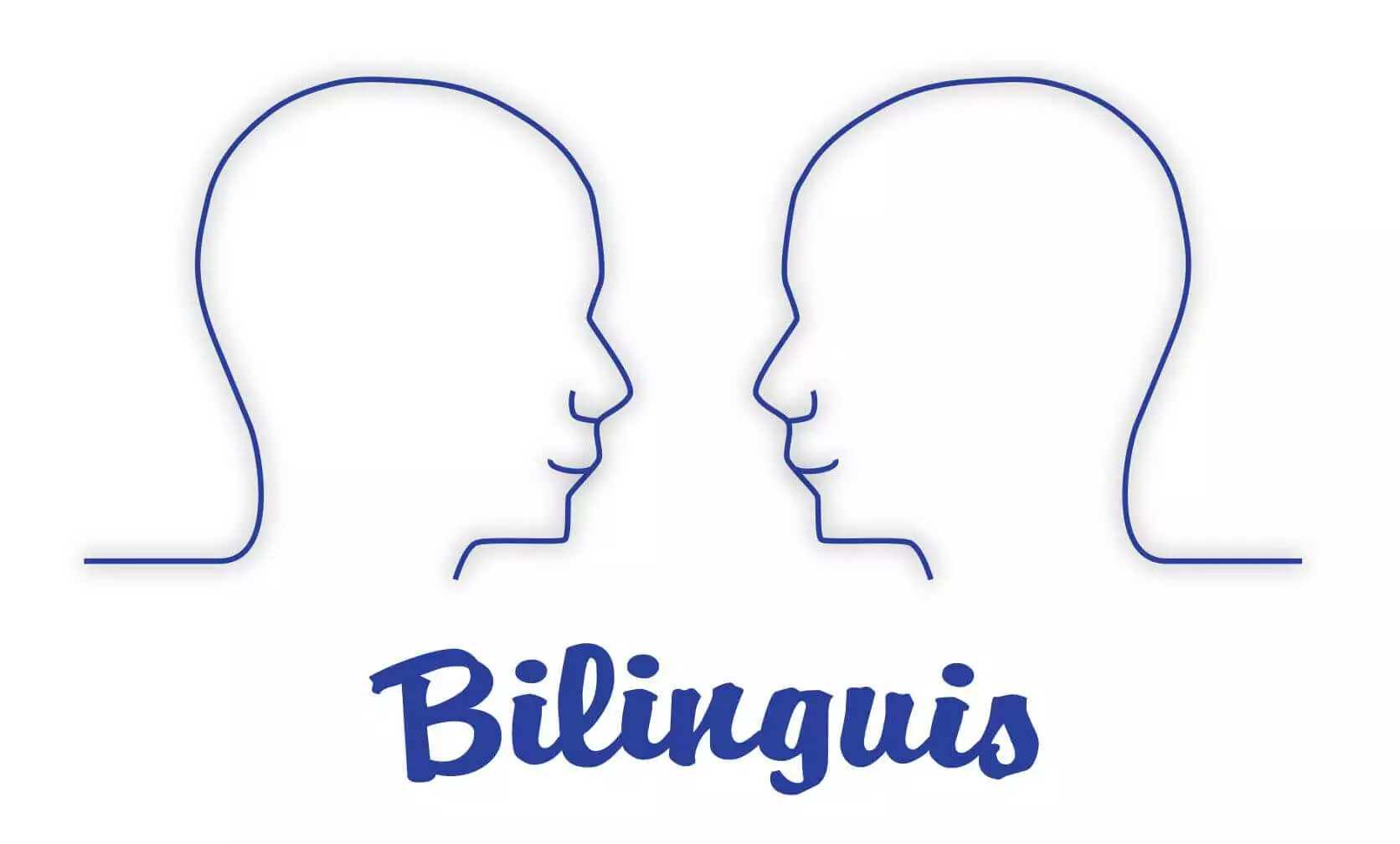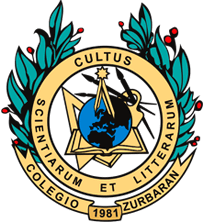About
Project Aims:
- Develop a literacy-based approach to teaching English as a foreign language literacy, that is suitable for primary CLIL contexts
- Train and promote “literacy mentors” that are able to work with a literacy-based approach to English language teaching
Contribute to on-going training in literacy-based English language teaching for language teachers across Europe and beyond, both pre-service and in-service - Develop transnational cooperation and promote life-long learning among pre-service, in-service, university teachers and researchers.
The project objectives are consistent with the priorities of the Erasmus Strategic Partnerships and are relevant to two fields of education, i.e. school education and higher education. The project supports teachers in acquiring teaching skills and key competences for their professions, i.e. developing skills for FL literacy teaching skills in CLIL contexts.
To do so, a course in literacy-based ELT has been designed through a process that starts from a needs analysis via course design and materials development, a piloting stage and the final creation of a MOOC. All these actions and the intellectual outputs have been developed through cooperation among transnational partners with the input of both school and university-based teacher educators. In addition, on the basis of the outputs, new transnational teaching modules for pre-service teachers have been created with the contribution of transnational partners. The project aims to tackle the skills gaps through designing and developing curricula that meet the learning needs of students and are relevant to the labor market and societal needs. For pre-service teachers, the project develops basic skills (i.e. literacy) and transferable skills (the developed skills can be transferred to and from the mother tongue and to other languages, and also across the curriculum to other subjects).
This project meets a real need perceived by both teachers, researchers and teacher trainers, i.e. how to develop primary pupils’ literacy skills in CLIL contexts. It is also innovative in focusing on literacy development as the key to foreign language teaching in CLIL contexts, an approach that has so far mainly been used in the context of university foreign language teaching in the USA, and in teaching second language learners in Australia.
Literacy teaching has not been used as the focus for teaching the FL in the CLIL context so far, despite the fact that students in this kind of programs clearly need to develop their literacy skills to be able to use the foreign language for learning. So far, European projects have mostly focused on literacy development as a tool for intercultural learning (e.g. Janua Linguarum, Koinos), or generally highlighted the importance of literacy development (e.g. European Literacy Network or the report by the EU High Level Group on Literacy and its spin-off ELINET). The other area where innovation has been focused is the development of literacy skills across school curricula (e.g. the work done by Beacco et al. on the languages of schooling commissioned by The Language Policy Unit of the Council of Europe, or the Pluriliteraces Project carried out at the European Centre of Modern Languages, Graz). However, as mentioned before, none of these projects address literacy development in foreign language lessons as part of a CLIL project.
While focused on the teaching of English as a foreign language, the results of this project are easily transferable to other foreign languages, as well as MT teaching.
A final innovative aspect of this project is the collaboration between universities and schools as partners in the project, a collaboration that contributes to bridging the gaps existing between school and academia. By integrating schools and school associations as partners we are able to guarantee the applicability and relevance of the approach developed for literacy teaching, as well as the pedagogical tools created.
Target Groups:
The target groups, addressed in the project, are in-service, pre-service teachers and teacher educators / researchers. Ultimately, the target group affected by the project has been primary school learners. The project aims to enhance the professional development and strengthen the professional profile of FL teachers as well as reinforce cooperation between schools and higher education institutions.
Transnational Collaboration
The project needs to be carried out transnationally, because each country can contribute to the success of the project in its own way. Spain has had a long tradition of CLIL primary education and can contribute in guiding teachers in effective FL instruction for CLIL. Slovenia has been a part of an international literacy project during which it has developed some materials for initial FL literacy and Poland has developed a comprehensive bilingual teacher education program with a strong focus on literacy teaching. As all partners are involved in language and bilingual teacher education, they have a strong base to build a partnership to develop continuous teacher development focusing on the area of literacy-based foreign language teaching for primary CLIL contexts. With the increased popularity of CLIL education at primary levels across Europe, this project plays an important role for all school and university partners involved.
The selected school partners were chosen because of their involvement in CLIL programmes and because they expressed a desire to improve their pupils’ FL literacy skills. Some of their teachers are already trying out a variety of techniques and methods to enhance their pupils’ literacy skills in a systematic way. All the selected schools strive for innovative approaches.
